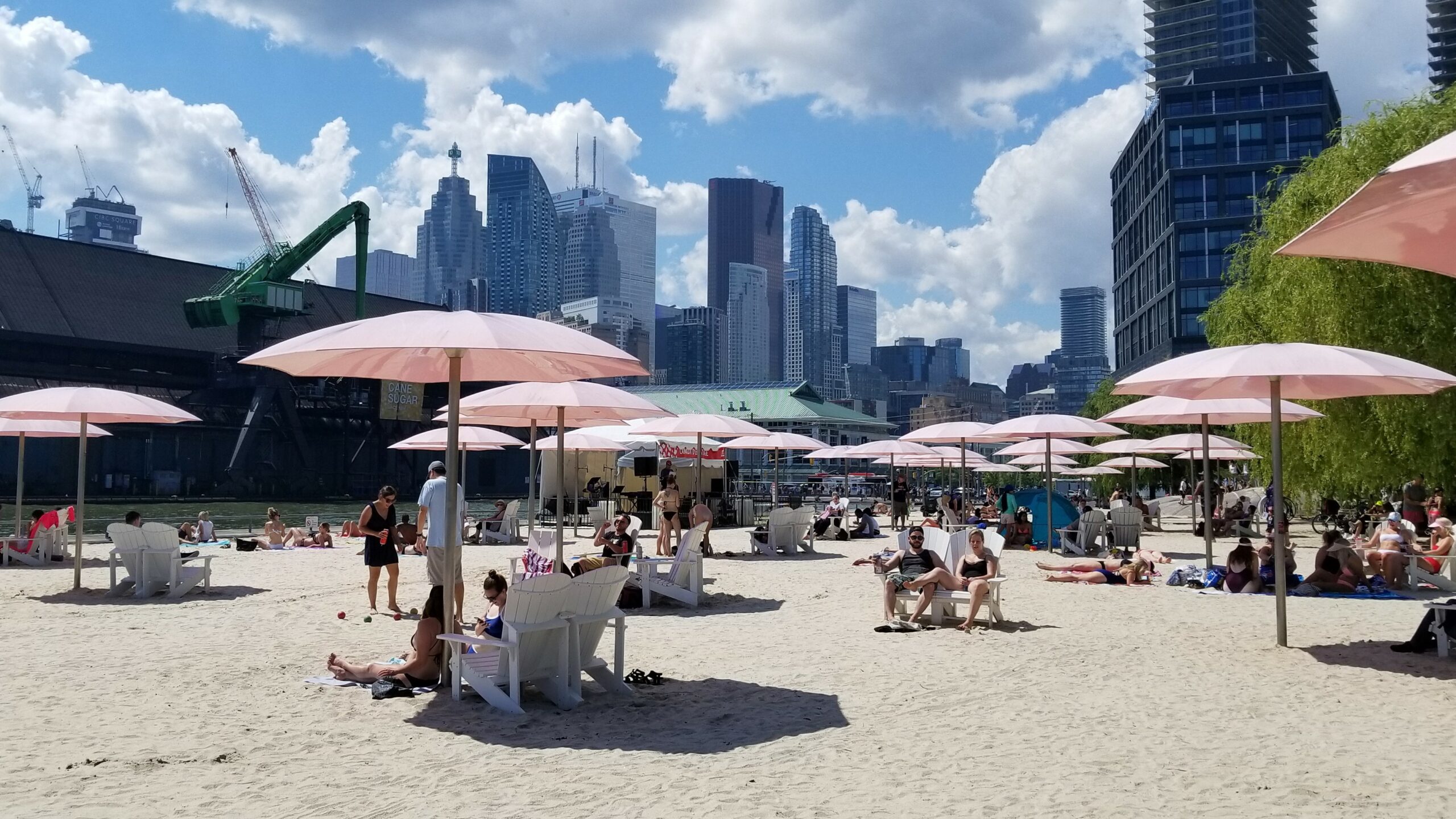Parametric Energy Modelling – Empowering Design Decisions
The building construction and operation sector accounts for a significant amount of global energy-related carbon emissions which amount to nearly 40% of annual global GHG emissions. Therefore, predicting buildings’ energy consumption and carbon emission in advance and implementing the most cost and energy-effective strategies accordingly to cut these emissions can help to combat climate change. Research has shown that using computational modelling and energy simulation is an effective approach to achieve this is by completing energy modelling from early in the design stage and use it as a tool to validate and explore design decisions. In this webinar, we will explore a workflow for leveraging parametric design tools to complete energy modelling starting in the early conceptual design stages. We will also discuss how this can be integrated into a broader program for firm-wide sustainability reporting to track progress against established targets, and explore challenges and opportunities to continue the energy analysis into the operational stage.
Learning Outcomes
- Understand the foundations and relevant standards for energy modelling in Ontario.
- Understand the structure and intent of ASHRAE Standard 209-2018.
- Describe the benefits of completing energy modelling from early in the design stage.
- Describe how energy modelling can be integrated into a firms sustainability reporting processes.
Speakers
Evangelos Pantazis is an architectural engineer, building scientist, computational designer and educator. His research expertise is in complex geometric modelling and generative design strategies in conjunction with daylighting, energy and structural modelling as well as performance driven computational workflows across scales. Evan holds a Ph.D. in Civil and Environmental Engineering from the Viterbi School of Engineering at the University of Southern California in Los Angeles, a Masters in Computer Aided Architectural Design from the Swiss Federal University of Technology (ETH) in Zurich and a Diploma in Architectural Engineering from the Aristotle’s University in Thessaloniki. To date, he has authored and co-authored journal papers, peer reviewed scientific articles and book chapters.
Nathalie Waelbroeck is an Architect at IBI Group with over 7 years of experience. She has worked in a wide array of projects including transit, mobility, residential, spa, medical, hospitality, and office design. Nathalie is passionate about the application of emerging technologies and sustainability principles to optimize project outcomes and workflows. Sustainability is a balance of social, environmental, and financial factors, all working together to create a successful outcome. Nathalie works collaboratively with interdisciplinary teams across IBI Group, to develop new tools and software that advance sustainability in the built environment. These tools include asset management, energy assessments, carbon modeling, bus fleet electrification, and educational platforms. Nathalie also serves as a sustainability advisor on architectural and planning projects and leads various corporate initiatives including the AIA 2030 Commitment and Annual Climate Action Conference
Aiden Kiasat is an Energy Modeler and Building Sustainability Engineer at IBI Group in Vancouver, Canada, who also has overseas knowledge and expertise in building energy simulation and design. Aiden’s current roles and responsibilities range from increasing the performance of existing buildings to theoretical design input for new developments. Aiden has hands-on experience in several green building ratings systems such as LEED and Passive House. He also has expertise in Thermal Comfort calculation, CFD analysis, Coding, calculating of energy management parameters and identifying energy saving opportunities. Aiden has extensive experience in evaluating the performance of residential and commercial buildings as well as giving design input to reach sustainability goals. This allows Aiden to be on leading edge of the sustainable and high-performance building industry.
Duration 11:00 AM - 12:30 PM
Cost Licensed OAA Member: $39 +HST, OAA Interns: $29 +HST, Non-Members: $59 +HST




